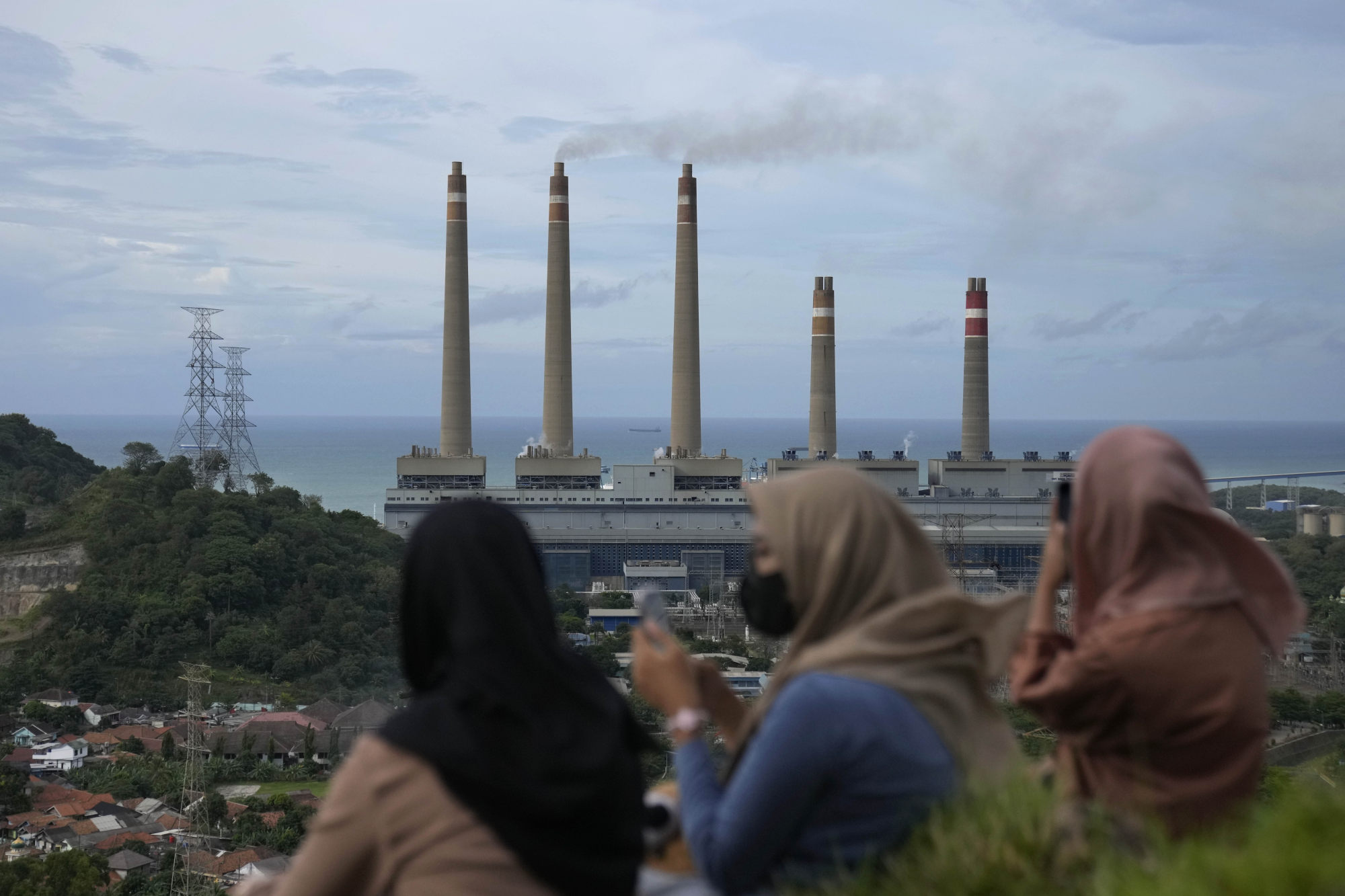“Hong Kong has three strengths that are indispensable for fostering climate financing: technical, legal and financial knowledge,” Riccardo Puliti, regional vice-president for Asia-Pacific, told the Post ahead of Hong Kong Green Week, which starts February 26.
Washington-based IFC is the arm of the World Bank Group that focuses exclusively on the private sector in emerging and developing markets.

With a quarter of the world’s population consuming 60 per cent of its coal, the eastern Asia-Pacific region alone accounts for 39 per cent of global greenhouse-gas emissions, according to the World Bank.
Countries in the region are also among the world’s most vulnerable when it comes to climate change-related extreme weather events, as well as impacts such as sea level rise. Between 3.3 million and 7.5 million people in the region could fall into poverty by 2030 if adaptive actions are not taken soon, the World Bank estimated.
“We need enormous amounts of investment in mitigation and adaptation, as climate change has had major impacts on our wetlands, forests and the related ecosystems and food chains,” Puliti said. “Many governments are struggling to meet such needs, as public finances are stretched, particularly after the Covid-19 pandemic.”
Tetra Pak helps China’s dairies automate and make cuts in wastage, emissions
Tetra Pak helps China’s dairies automate and make cuts in wastage, emissions
Although pension funds, insurers and other nonbank financial intermediaries hold around US$220 trillion in financial assets globally, institutional investors hold just US$1 trillion in infrastructure assets, and only around 30 per cent is classified as the green infrastructure that is critical for the energy transition, he added.
Asia accounted for around a fifth of global sustainable bond issuance in 2022, according to the IFC. Most of the transactions took place in Europe and other Western regions.
ESG, sustainability skills in demand as employers struggle to fill green jobs
ESG, sustainability skills in demand as employers struggle to fill green jobs
“The work for all of us [development institutions], including IFC and the wider World Bank Group, is to advise governments on the establishment of predictable policy, legal and regulatory frameworks to make sure the issues created by climate change can be addressed, not only by public finance, but also by attracting private financing,” he said.
IFC committed a record US$11 billion in Asia-Pacific for the year ended June 30 last year, and about 39 per cent of the long-term financing from IFC’s own account went into projects that will help tackle climate change and marine plastic waste, Puliti said. Its total financing portfolio in Asia-Pacific amounted to US$23 billion at the end of last year.
Last year’s transactions included a subscription to a US$400 million green and blue bond issuance by Thailand’s Bank of Ayudhya. A blue bond is a new type of instrument that funds projects that improve the health, productivity and resilience of ocean and water resources.
Green finance expertise in short supply in mainland China: CFA Institute
Green finance expertise in short supply in mainland China: CFA Institute
Through equity and bond investments and the provision of loans and trade financing products, the IFC aims to “de-risk” climate and other development projects to make them more “bankable”, so that private-sector institutions will feel more comfortable financing them, Puliti said.
IFC and the Hong Kong Monetary Authority are co-hosting the Climate Business Forum: Asia-Pacific, to be held on February 27 and 28 as part of the Hong Kong Green Week, which aims to foster dialogue on green and sustainable finance development.

